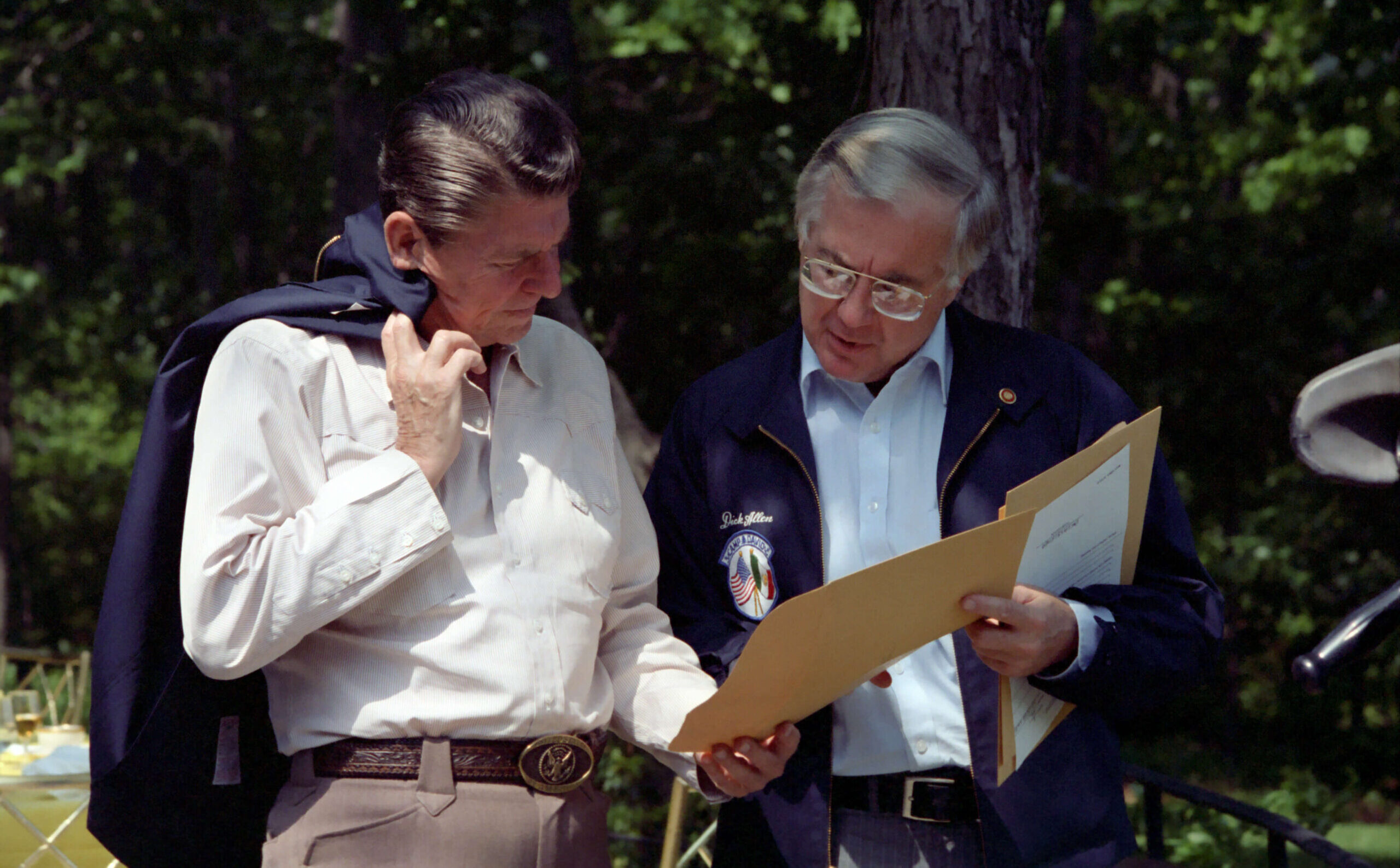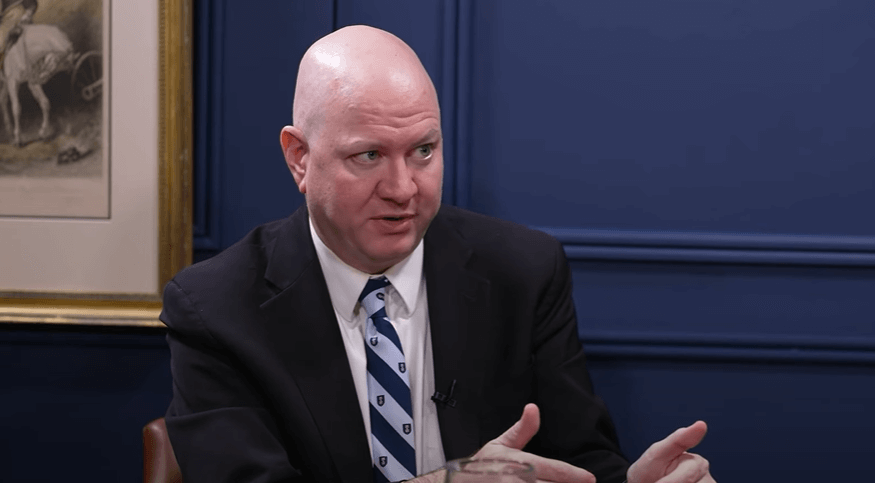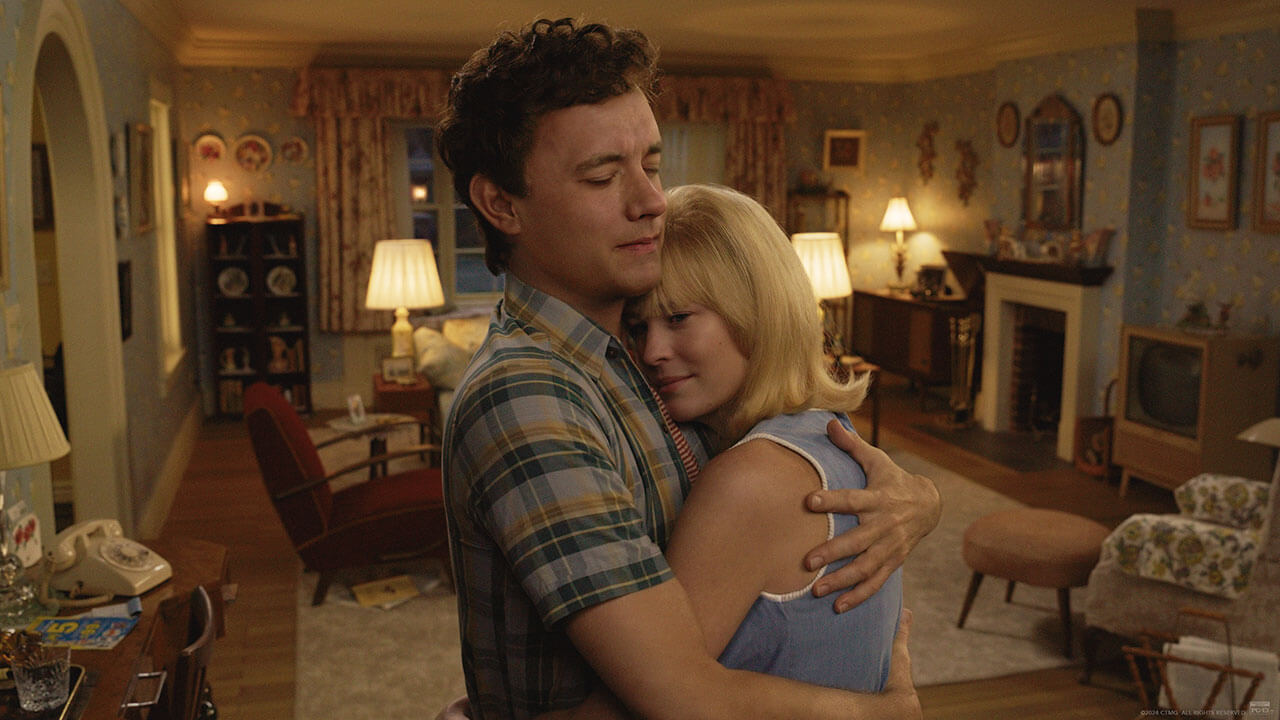The Art of Being Free: How Alexis de Tocqueville
Can Save Us from Ourselves
By James Poulos
(St. Martin’s Press, 2017)
In 2015 the economist and Hoover Institute fellow Russ Roberts published How Adam Smith Can Change Your Life: An Unexpected Guide to Human Nature and Happiness. It was an odd book, part self-help and part popularization of the more obscure of Smith’s two philosophical works, A Theory of Moral Sentiments (1759). Roberts had to synthesize a difficult text and redeploy it for the average educated reader seeking answers to life’s questions. The book was a success, both financially and intellectually, because of Roberts’s clarity and light touches of his own views.
James Poulos seems to have sought a similar outcome with Alexis de Tocqueville’s Democracy in America, but his subject is more daunting. In The Art of Being Free: How Alexis de Tocqueville
Can Save Us from Ourselves, Poulos’s efforts bear mixed results. It has moments that shed light on contemporary democratic life, but too often Poulos obscures Tocqueville with dated cultural references or appeals to his own personal struggles.
One issue is the difficulty of the author Poulos wishes to popularize. Tocqueville is harder to simplify than Smith. However difficult Smith’s prose, the eighteenth-century Scotsman affirmed a coherent theory on the origin of manners and morals. Roberts had only to organize and edit this theory into something more contemporary.
Democracy in America does not offer its conclusions as readily as A Theory of Moral Sentiments. Tocqueville scattered his arguments across two volumes published five years apart (1835 and 1840), and observations in the latter volume modify or even contradict those from the first. Democracy in America requires careful study to make its meaning plain to scholars, to say nothing of more popular audiences.
Poulos is also a very different writer from Roberts. Roberts has decades of experience as a professor and a popularizer of economics on his podcast, Econtalk. His prose consists of simple sentences in a predictable order: premise, explanation, example (sometimes, delightfully, a quotation from the Talmud), and then application to daily life. Poulos is more dynamic and conversational but also with a graduate education from Georgetown, trained to interpret Tocqueville. He has written widely for print and online periodicals, coining terms like the “pink police state,” a phrase originally inspired by sensationalist Marilyn Manson, to describe an alliance between state coercion and sexual liberation.
Anyone familiar with Poulos’s work knows that the Manson reference is just an example of his interest in linking pop culture with political philosophy. Here is an effective example from The Art of Being Free in which Poulos explains Tocqueville’s distinction between the ancient European aristocracy and the American rich:
Even though it’s so hard to get to the top, even though it’s so easy for those who get there to fall back down, and even though we actually love so greatly being spectators to that churn that we’re willing to pay to watch for decades on end, the bad manners of the wealthy, in Tocqueville’s sense, drive us to distraction. . . . In a warped way, we almost feel today about the merely rich how people felt in Tocqueville’s time about the aristocrats. (128)
Yet Poulos’s style, so effective in short pieces, becomes distracting at book length. The pop culture and personal narratives often interrupt the best parts of The Art of Being Free. By the middle of the book, the reader grows fearful of the next reference to cult movies and edgy novels. Consider the examples here:
The wave [of warm reassurance that resulted from watching Zoolander] was more than a little tenebrous. As is often the case with playing along, it seemed to yieldingly bleed into the realm of the ominous. This is a film wherein Donald Trump intones that “without Derek Zoolander, male modeling wouldn’t be what it is today.” This is a film that so closely parodies Bret Easton Ellis’s late-1990s models-and-terrorism nightmare, Glamorama, that it may or may not have led, as Trump might have steered it, to an out-of-court settlement. (351)
In passages like these, Poulos directs readers from Tocqueville and toward topics that seem more interesting to him than to us—or to Tocqueville. Can you guess the subject of this paragraph? It is “play,” a topic Tocqueville does not really address but which Poulos struggles to reinterpret back into Democracy in America.
Why so many digressions? My hunch is that pop culture comparisons are how Poulos makes sense of Tocqueville and that he assumes the reader will find them useful, too. They are also supposed to make Tocqueville relevant, but the references are dated, obscure, or both. The effect is the opposite of what is intended.
Perhaps the most important reason is the following: The Art of Being Free is a product of Southern California.
The cultural style of Southern California stems from a need for authenticity amid conformity. It pursues personal discovery that can also be applied to one’s peers, who, ironically, conform to one’s own vision of inner truth. The genre is best parodied in the 1991 film L.A. Story. The lead character, played by Steve Martin, opens the film with the following explanation:
My name is Harris K. Telemacher. I live in L.A. And I’ve had seven heart attacks, all imagined. I was deeply unhappy, but I didn’t know it, ’cause I was happy all the time. I have a favorite quote about L.A. By Shakespeare: “This other Eden . . . demi-paradise . . . this precious stone . . . set in the silver sea of this earth, this ground . . . this Los Angeles.” Anyway, this is what happened to me, and I swear, it’s all true.
Compare the above to the opening lines from The Art of Being Free:
This is a weird book for people who feel like they might be a little crazy. Maybe more than a little.
It is weird in that it utilized a concept familiar from the internet’s junkier precincts: this one simple trick will solve your stubborn problem! But instead of a trick, it offers another book, written by a French aristocratic practically two-hundred years ago. Huh? And instead of a single problem, it swaps in the entirety of life itself! Your life, my life, all our lives (if we’re American, anyway). Yeah.
The comparison illustrates Poulos’s Southern Californian obsession—the maddening pursuit of an elusive happiness. Telemacher anachronistically invokes Shakespeare to talk about L.A., yet he is really talking about himself. Similarly, Poulos frames Tocqueville’s insights around his own experiences in a rock band, writing a novel, and working in the legal profession. Like Telemacher, Poulos looks to a great mind from a different age writing about a distant subject and discovers that, in the end, it was really all about him. And us. There is no conclusion more Southern Californian.
Pop culture and personal narrative are parts of the Southern Californian way of life—if you will, its mores. Novelists of the Old South ensure that the reader knows who the fathers and grandfathers are, under which Confederate officers they fought, and at which battle they died. Novelists from post–WWII New York mention what streets they lived on, who the neighbors were, and what their extended family did for a living. Los Angeles artists define themselves by their relationship to the imaginary worlds the city manufactures. That’s why the 2016 musical La La Land, which updates and undermines the mythos of “Old Hollywood” while adopting its most distinctive genre, won so many awards.
Naturally, the Tocqueville whom Poulos unearths is a Southern Californian Tocqueville who just wants to help you be happy. Missing is the Tocqueville who appealed to the Puritans as the point of departure for American democracy. As a consequence, Poulos has little to say about the importance of voluntary associations, townships, and other products of the New England mind. He also ignores Tocqueville’s worries about the pantheism that emerges when individuals alone determine religious truth.
These concerns are foreign to Southern California. A region first settled by Spanish Catholics and famous for creative industries built by Jewish immigrants could hardly owe less to the Puritans. One of the curious features of Los Angeles is how few prominent figures are from the city, and many of these figures left their homes to escape the churches, civic societies, and townships they saw as oppressive and regressive. There is even a term for this: “families of choice.” With their indiscriminate embrace of New Age medicine, Catholic sacramentals, and kabbalah, moreover, Southern Californians do not mind pantheism. They are not stayers and joiners, but wanderers and leavers.
Southern California priorities dominate The Art of Being Free: change, faith, money, play, sex, death, and love. These topics concern the tendency of democracy to isolate people from each other. Tocqueville spent many pages describing what he called “individualism,” which affects the average Americans. It “hides his descendants from him and separates him from his contemporaries . . . leads him back toward himself alone and threatens finally to confine him wholly in the solitude of his own heart.” Poulos does not dedicate enough sustained attention to the idea, as it appears near the end of the book and only in pieces in, oddly, a chapter on sex.
Of these chapters, the best are on change and money. The chapter on change introduces the “Great Transition,” in which the aristocratic life of Europe moves into the democratic life of Jacksonian America, and also provides the best account of Tocqueville and his continued relevance to contemporary American life. The chapter on money gets to the heart of the America Poulos critiques—the Southern California America, its aristocracy, and its astounding failure to replicate the old European way of life. One imagines Poulos sipping detox tea and gazing out to the deceptively slim, young figures walking down Rodeo Drive when he pens, “We’re not only obsessed with money. We’re obsessed with what money gets us—especially when it gets us a reprieve, however momentary, from our obsession with money” (149).
The chapter on faith is the weakest. Poulos almost apologizes for his Christian faith, and then makes his faith journey the chapter’s subject, ironically replicating the individualism Tocqueville worried so much about. Poulos writes little about churches, only about “faith.” Yet for the Americans Tocqueville observed, the two were indistinguishable. For Tocqueville’s Americans, the church served as the foundation of a sacred history that grounded American purpose and set moral limits on democratic action. In addition, the protection of free exercise and ban on a national establishment made churches allies of individual liberty. In a book on the art of being free, one would expect this aspect of Democracy in America to play an outsize role in The Art of Being Free.
But The Art of Being Free isn’t really about Tocqueville, who becomes only an irregular presence by the last seventy pages. Instead, it seems to be literally a self-help book, as if we are reading Poulos’s journal as he struggles with entering middle age. When putting the book down, I wondered if the biggest mistake of the book was its title. ♦
James M. Patterson is assistant professor of politics at Ave Maria University.














